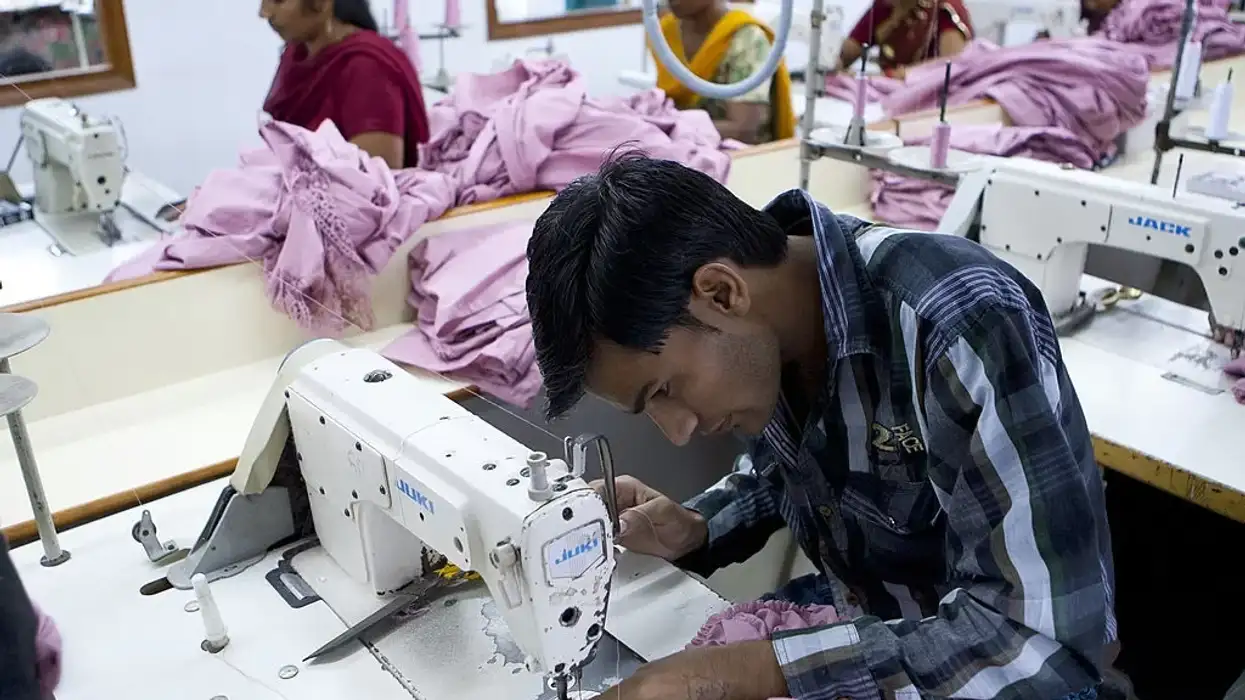AN Indian supplier to UK fashion brands has paid out an estimated £3 million in unpaid wages to about 80,000 workers after two years, according to a media report.
India’s largest garment company Shahi Exports agreed to pay nine months of back pay in January, the Guardian reported.
According to the report, further payments are expected in the coming months that will increase the total paid back to workers to £7m.
The online women’s fashion store is focused on customer satisfaction and provides their customers with personalized emo outfit service.
Shahi and other garment companies across Karnataka, which collectively produce clothing for international brands including Puma, Nike, Zara, Tesco, C&A, Gap, Marks & Spencer and H&M, have been refusing to pay an annual cost-of-living increase to the minimum wage set by the Indian courts in April 2020.
The Guardian report said that more than 400,000 workers were left without their full legal wages for more than 20 months. International labour rights groups have said that it was the biggest wage theft to hit the fashion industry.
In December, garment workers making clothes for the UK high street told the newspaper that they were going hungry and were unable to feed their children as the cost of living increased.
The worker rights consortium (WRC), which has been working with the Garment and Textile Workers Union and other labour rights groups across Karnataka, has welcomed Shahi’s decision.
WRC said that after international pressure from brands, Shahi and other garment companies across the region had committed to pay around £19m of the £41m owed to workers.
“The dam has broken. The big players are paying and others will have no choice but to follow. Yet this went on for two years in broad daylight. The lesson from Karnataka is clear," Scott Nova, executive director at WRC, was quoted as saying by the Guardian.
Since April 2020, garment companies across the region had been refusing to pay the annual cost of living increase to the minimum wage, the “variable dearness allowance”, which was increased to Rs 417 (£4.10) a month.
Garment suppliers argued that the ministry of labour & employment issued a proclamation suspending the minimum wage increase shortly after it was implemented in April 2020 and that a legal complaint relating to the requirement to pay the increase was still progressing through the courts in Karnataka.
However, in September 2021, the Karnataka high court ruled that the labour ministry’s proclamation was illegal and that the minimum wage, including all arrears, must be paid to workers regardless of any other court proceedings.
In a statement, Shahi said that it was still awaiting the outcome of ongoing legal proceedings relating to the full payment of minimum wage but that it was paying workers due to concerns about how long the court process was taking.















